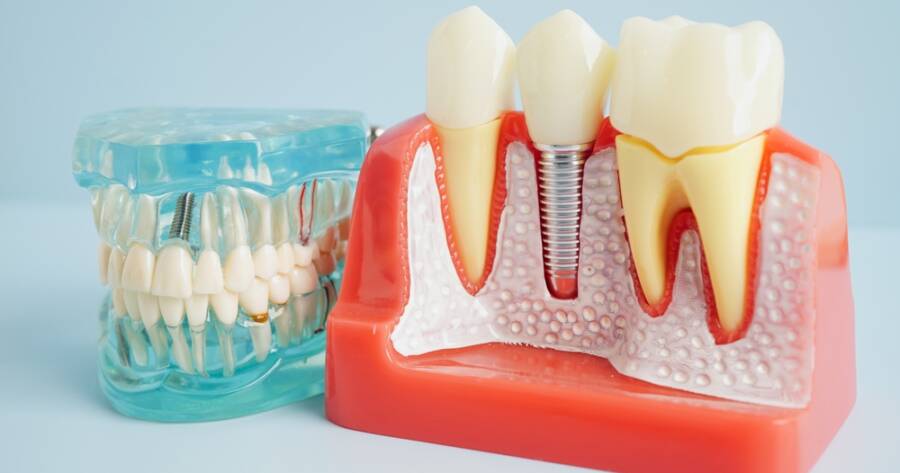Exploring dental implant trials offers significant insights into the evolving techniques and materials that shape modern dental implantology. Clinical trials, led by renowned institutions like NYU and Columbia University, assess everything from implant efficacy to innovative grafts and cooling systems. Understanding such research empowers professionals to enhance patient care while informing patients of the latest advancements.
Exploring the Landscape of Dental Implant Trials
Dental implant trials are pivotal in advancing the knowledge and methods used in dental implantology. These trials focus on various aspects of dental implant procedures, from the materials used to the techniques applied and the outcomes assessed. Understanding these trials helps professionals enhance the success rate of dental implants, paving the way for improved patient care and technological innovations.
Current Trials and Studies
At NYU’s Dentistry Translational Research Center, several ongoing studies aim to evaluate the efficacy of different implant strategies. For instance, one study examines bone and gum dimension alterations surrounding implants placed in the upper jaw’s pre-molar or molar regions. This research requires participants to attend five appointments over twelve months, providing critical data on bone augmentation outcomes.
Another significant undertaking at NYU involves assessing the impact of implant placement within the mandible or maxilla’s anterior or pre-molar region. This trial, spanning 24 to 30 months, requires 9-10 patient visits, highlighting variation in bone and gum dimensions influenced by different implant positions in dental treatments.
The International Journal of Implant Dentistry has also published studies like “Marginal bone loss and associated factors in immediate dental implants,” focusing on long-term outcomes, such as marginal bone loss over 36 months. Research here indicates a better understanding of factors that contribute to the stability and success of implants, an essential element in advancing dental care practices.
Clinical Trials and Innovations
Similarly, Columbia University’s dental research examines volumetric changes with immediate dental implants and the role of Bio-Oss Collagen. Investigating how soft and hard tissues evolve post-extraction provides insights essential for enhancing soft tissue esthetics and optimizing graft use. Moreover, studies focusing on maxillary sinus augmentation evaluate the effectiveness of synthetic vs. bovine bone materials, broadening the scope of materials for dental implants.
In another interesting approach, an investigation of the accuracy of different implant macrogeometry during placement offers critical knowledge for precision in aesthetically challenging cases, ensuring better aesthetic outcomes in patients’ maxillary regions. Furthermore, research into specific implant characteristics, such as cooling systems during implantation, helps minimize thermal damage, further improving implantation outcomes.
Participants and Their Role in Research
The role of participants in dental implant trials can’t be understated. Volunteers contribute significantly by participating in research studies, potentially receiving benefits like free dental examinations and cleanings. Specific criteria must be met to participate, underscoring the importance of health in dental research participation. Ensuring diversity in study participants aids in gathering comprehensive data on outcomes and treatment efficacy, which is crucial for enhancing practical applications in dental care.
Ensuring Transparency and Rights
Participants in dental implant research are entitled to certain rights and comprehensive information about the study’s objectives, risks, and benefits. The assurance of privacy, informed consent, and the option to withdraw from the study without affecting their access to conventional health care plays an integral role in promoting participant confidence and cooperation in clinical research involvement.
Why You Should Learn More About Dental Implant Trials Today
Delving into the world of dental implant trials provides insight into the extensive research and development undertaken to enhance dental health outcomes. These studies offer valuable knowledge about innovations that improve the precision and aesthetic outcomes of dental implant procedures.
Keeping abreast of the latest research findings not only empowers dental professionals to optimize treatment strategies but also ensures that patients receive the most recent, evidence-backed care. As such, further exploration into these trials represents an essential step in advancing both professional practice and patient well-being.
Sources
Insights into Dental Implant Techniques and Outcomes
Current Studies in Dental Implants at NYU
Columbia University’s Implant Research





